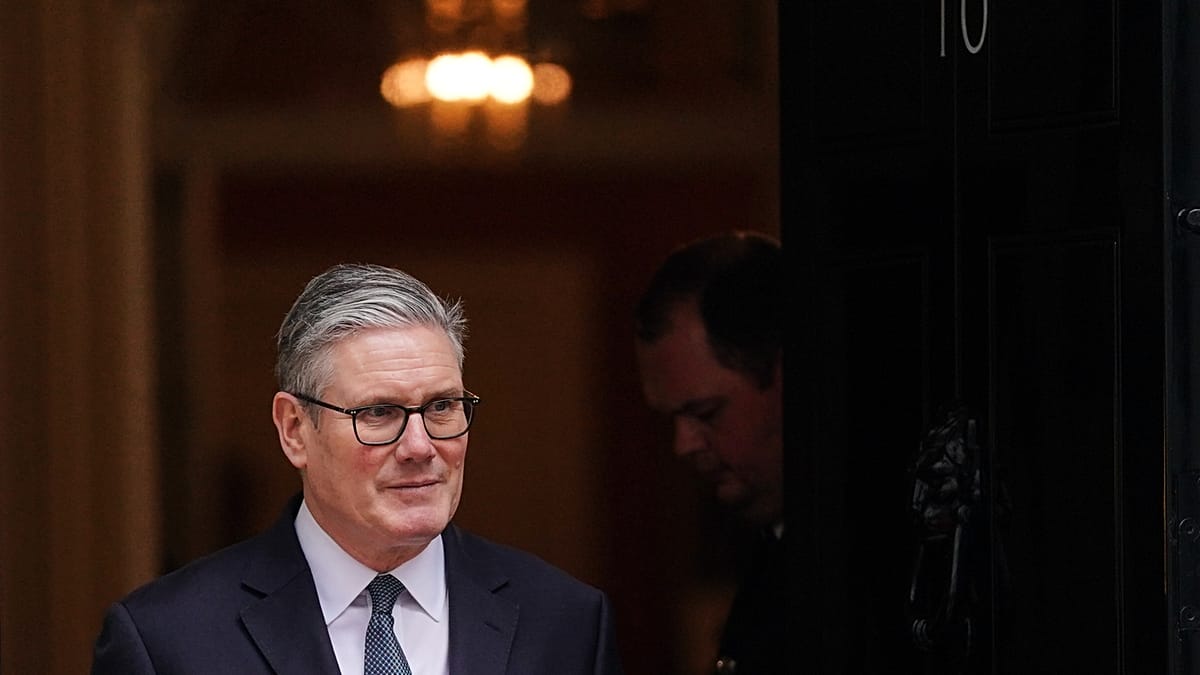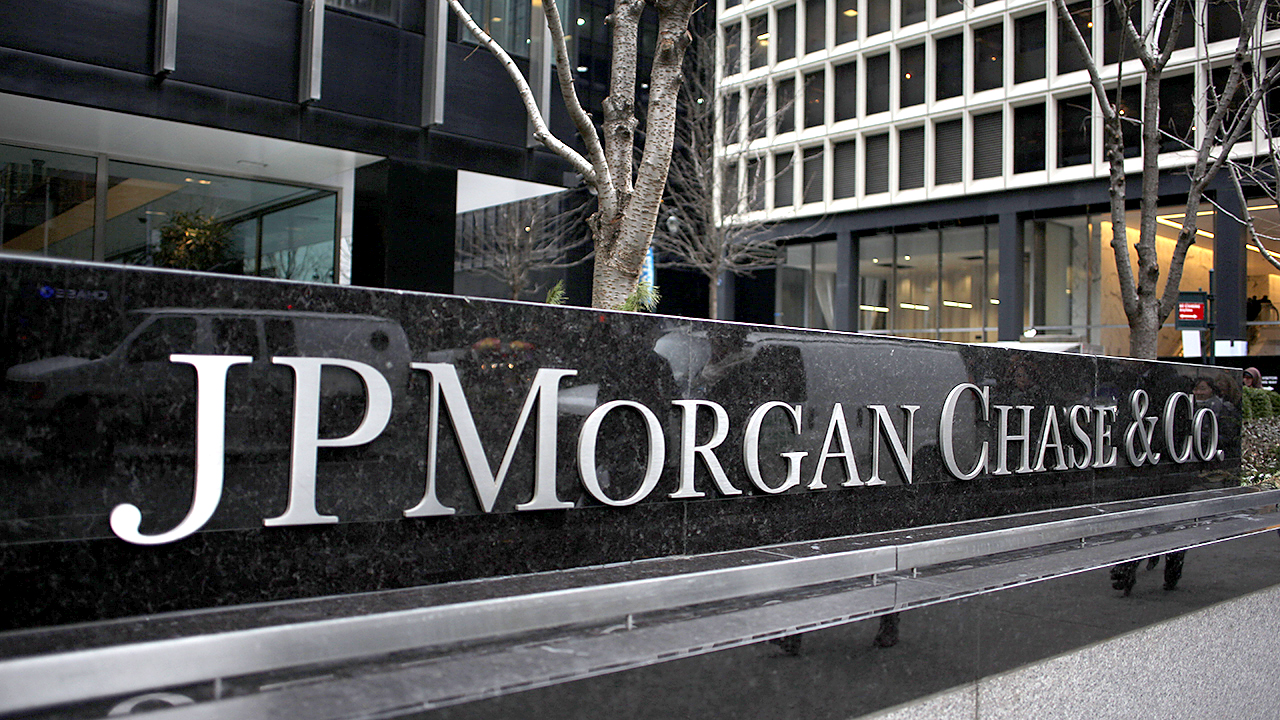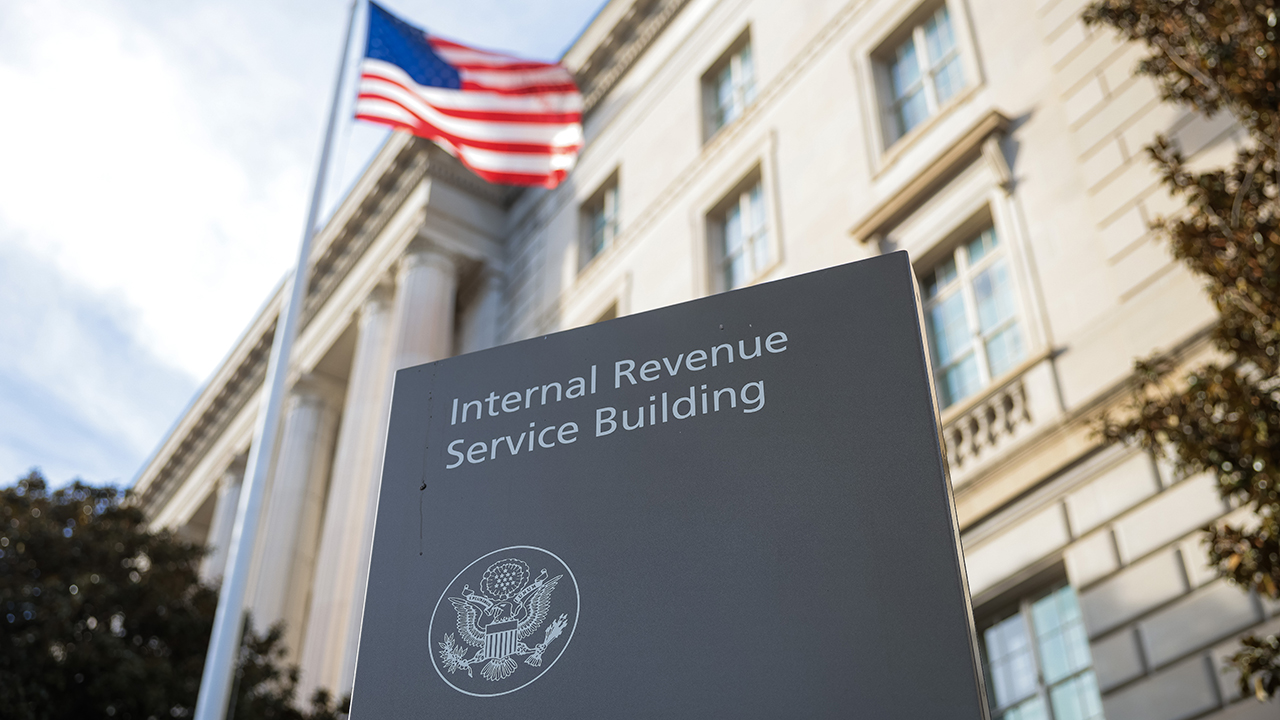Round up of significant events in the global economy over the past week


Europe: Trade Deal Fails to Impress Amid Flatline Growth
European equities fell across the board. The STOXX Europe 600 Index dropped 2.57%, with France’s CAC 40 and Germany’s DAX down 3.68% and 3.27%, respectively. The UK’s FTSE 100 limited losses to 0.57%, supported by a weaker pound, which benefits UK multinationals.
A new EU–U.S. trade framework was reached, including a 15% tariff on most European exports — lower than initially expected — but the lack of clarity and remaining steel tariffs led to muted investor optimism.
On the macroeconomic front, eurozone data signaled stagnation, but not contraction. Headline inflation remained steady at 2.0%, while core inflation held at 2.3%. GDP grew by just 0.1% in Q2, a deceleration from Q1’s 0.6% growth, though it surpassed no-growth forecasts. Year-over-year growth stood at 1.4%.
Labor market data remained robust, with unemployment in the eurozone holding at a record low of 6.2%. Germany’s jobless rate stayed at 6.3%. Sentimental indicators showed improvement across industry, retail, and consumer confidence.
Meanwhile, the UK housing market showed signs of resilience, rebounding in July after a June dip, with better-than-expected mortgage approvals supporting the trend.
United States: Job Market Weakens, Tariff Pressures Mount
U.S. markets endured a turbulent week, marking their worst performance since the early-April tariff-driven sell-off. The Dow Jones Industrial Average fell 2.92%, while the S&P 500 and Nasdaq Composite declined 2.36% and 2.17%, respectively. Smaller-cap stocks were hit harder, with Russell 2000 plunging to 4.17%.
The primary reason behind the decline was a renewed wave of trade tensions. Just ahead of the self-imposed August 1 deadline, President Trump signed an executive order to raise tariffs on most trading partners, effective August 7. While new deals were signed with the EU and South Korea, and negotiations extended with Mexico, investor sentiment remained cautious.
Economic data further weighed on markets. The July jobs report showed the U.S. economy added just 73,000 jobs – well below expectations. Adding to the concern, job numbers for May and June were revised downward by a combined 258,000. The unemployment rate ticked up to 4.2%. These developments shifted market expectations for a September interest rate cut, especially after the Federal Reserve, while holding rates steady, noted that economic activity had moderated.
Inflation also picked up. The Fed’s preferred core PCE index rose 0.3% month-over-month in June, pushing the year-over-year rate to 2.8%, still above the central bank’s 2% target. Meanwhile, second-quarter GDP growth surprised to the upside at 3%, primarily due to a sharp drop in imports.
On the corporate front, the earnings season produced mixed reactions. Although 82% of reporting S&P 500 companies beat earnings expectations, concerns about rising input costs due to tariffs emerging. Ford notably projected a $2 billion impact from tariffs this year. Conversely, tech giants like Microsoft and Meta Platforms saw gains, citing strength in artificial intelligence-related revenue.
Asia: Trade Tensions and Weak Chinese Data Drag Markets
Asian markets reflected global uncertainty. Japan’s Nikkei 225 fell 1.58%, while China’s CSI 300 dropped 1.75%. Hong Kong’s Hang Seng saw a sharper 3.47% loss. Market sentiment was hit by the escalation in U.S. tariffs and softening data from China.
In China, both the official and private PMI surveys for July came in below the 50-mark, indicating contraction in manufacturing. High temperatures and severe flooding disrupted production, while global trade headwinds and waning domestic demand added to the pressure. Economists warn that the second-half growth momentum may taper, despite a strong first half supported by early-year stimulus and export front-loading.
Japan held its policy rate at 0.5% and revised up inflation forecasts, citing persistent food price increases. Governor Kazuo Ueda hinted at possible rate hikes later this year. Meanwhile, the yen weakened past 150 per U.S. dollar, raising concern from Japanese officials. On a positive note, Japan posted strong June data, with industrial production rising 1.7% and retail sales up 2% year over year.
As global markets navigate trade headwinds, mixed economic data, and diverging monetary policies, investors remain on alert for signs of stability — or further volatility — in the weeks ahead.
The post Round up of significant events in the global economy over the past week appeared first on European Business & Finance Magazine.
















































